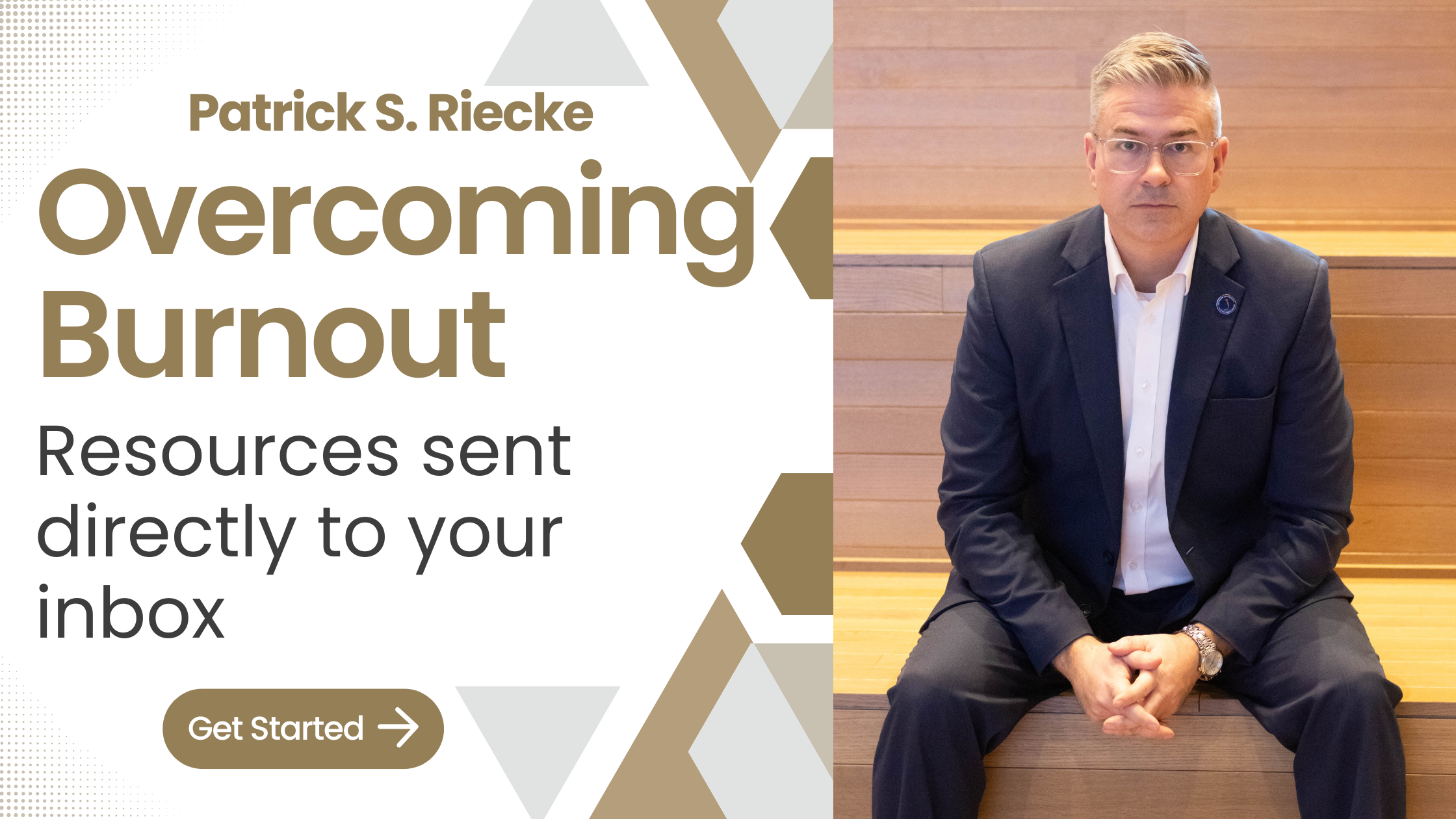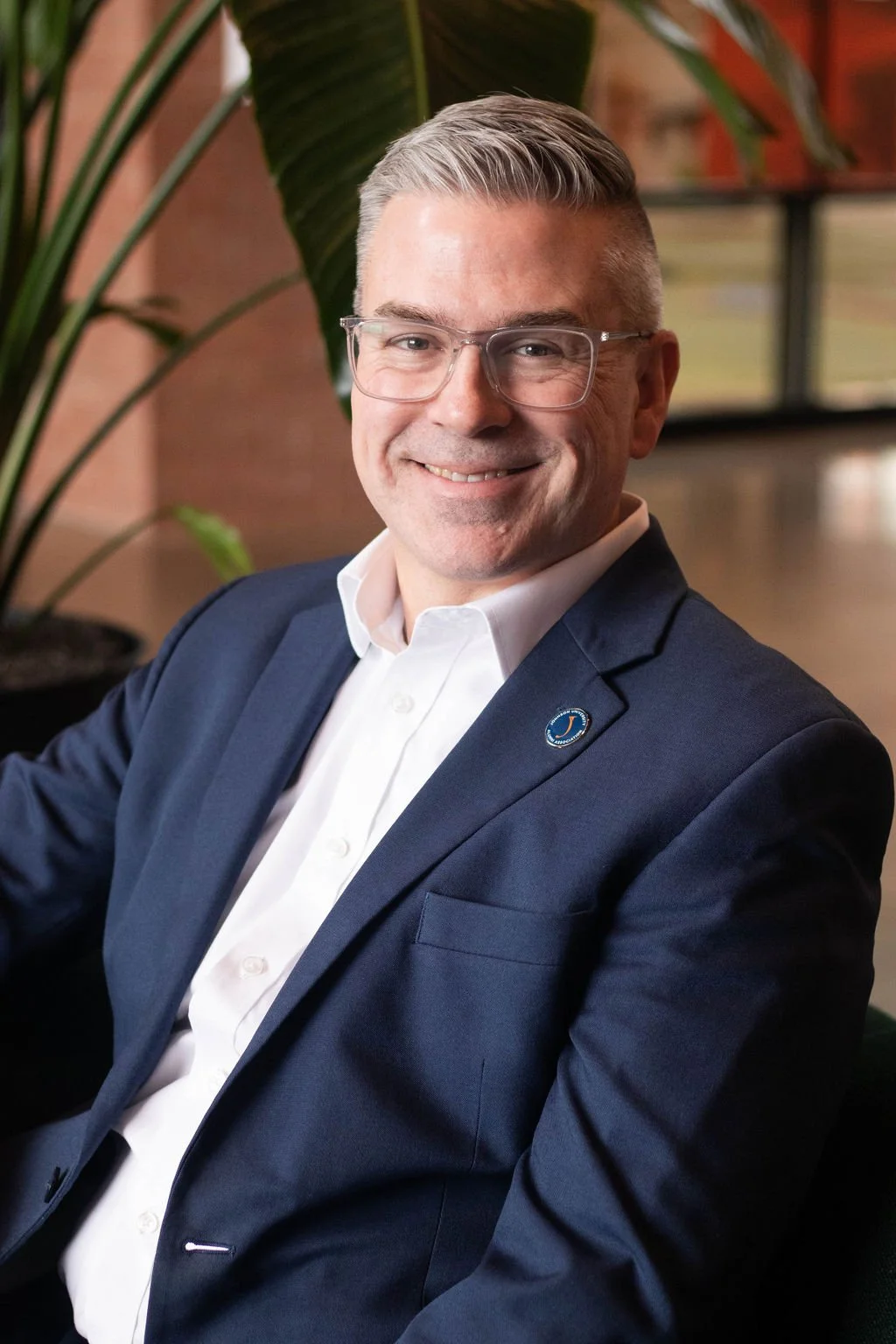My Burnout Test
My Burnout Test
This free burnout test, created by expert Patrick Riecke, is designed to help you assess your current risk of burnout based on proven research. The test explores the main signs of burnout and the factors that can reduce its impact.
The first four questions evaluate signs of burnout, such as emotional exhaustion, a lost sense of meaning, and emotional detachment. The final two questions assess how much support you feel from your leader and peers, key factors in preventing burnout.
After adjusting the sliders to reflect your work experiences, click "Submit." Your burnout risk score will be displayed instantly, falling into one of these categories:
Scale:
Low Burnout Risk: 0 - 15
Moderate Burnout Risk: 16 - 30
High Burnout Risk: 31 - 50
Your results will help you better understand your current situation and take steps toward burnout prevention or recovery.
Scale:
Low Burnout Risk: 0 - 15
Moderate Burnout Risk: 16 - 30
High Burnout Risk: 31 - 50
Burnout Resources
"Let's Talk About Healthcare Burnout" by Rev. Patrick Riecke and Dr. Erin Alexander offers a comprehensive guide to understanding, preventing, and recovering from burnout in the healthcare sector.
In this book, you'll discover:
Insightful Analysis: Understand the root causes of burnout and its profound impact on healthcare professionals' mental and physical health.
Real-Life Stories: Gain insights from personal anecdotes and case studies that highlight the experiences of those on the frontline.
Practical Strategies: Learn actionable strategies to prevent and recover from burnout, tailored specifically for healthcare settings.
Support Systems: Explore the importance of building robust support systems within healthcare environments to foster resilience and well-being.
Expert Advice: Benefit from the combined expertise of Rev. Patrick Riecke and Dr. Erin Alexander, who bring years of experience and knowledge in healthcare and mental health.
Burnout Recovery Course: Online
Discover personalized coaching that helps you identify and overcome burnout. Through flexible, on-demand sessions, Patrick Riecke provides expert guidance for professionals seeking to prevent burnout or recover from it. Whether you're a leader looking to support your team or an individual seeking clarity, Patrick's coaching empowers you with practical strategies to reduce stress and restore wellbeing. Sign up today to take the first step toward sustainable success and a healthier work-life balance. Click the button to learn more.
Executive Coaching
Are You Struggling to Lead Effectively in a High-Stress Environment?
In today’s fast-paced, high-pressure corporate world, even the most seasoned executives can find themselves overwhelmed, disconnected, and uncertain. These feelings aren’t just “part of the job”; they might be signs of burnout—a state that silently undermines your leadership effectiveness and personal well-being. Don’t wait for the eventual implosion. Get coaching today.
“Patrick’s coaching was a game-changer for me. He understood my challenges in a way no one else had and guided me through a transformative process that helped me refocus on what I want out of my career.” — Andrew, VP
Email Newsletter
Sign up for regular updates from Patrick.
About Patrick Riecke
For more than ten years, Patrick served as Dignity and Spiritual Care Director and Ethics Chairperson for a Magnet health care system with over 16,000 coworkers and 10 hospitals.
He now engages in speaking, writing, and consulting on subjects encompassing workplace burnout and recovery, medical ethics, as well as grief, death, and dying.
Expertise:
Navigating grief, death, and dying
Workplace burnout and recovery
Ethics consultation and education
Advance care planning
Empowering leadership
Diversity and inclusive leadership
Career Highlights:
Author of ten books
Fielded more than 500 clinical ethics consults
Ethics professor at Indiana University
His team responded to more than 15,000 patient deaths
Burnout survivor and expert
20 years in congregational ministry
Education:
Bachelor’s: Johnson University, Knoxville, TN
Master’s: Cincinnati Seminary, Cincinnati, OH
Graduate Certificate: Cornell University, Ithica, NY
Experience:
Ordained Pastor, Chaplain, Professor, Educator, Consultant, Author, and Keynote Speaker
Book Patrick for a keynote today
Key Terms
-
A phenomenon in which one knows the right action to take but is constrained from taking it.
-
The psychological, social, and spiritual impact of events involving betrayal or transgression of one's own deeply held moral beliefs and values occurring in high stakes situations.
Moral injury is not a recognized mental health disorder in itself, but may be associated with PTSD or depression.
-
Stress can be defined as a state of worry or mental tension caused by a difficult situation.
-
Burnout is a syndrome conceptualized as resulting from chronic workplace stress that has not been successfully managed.
It is characterized by emotional exhaustion, depersonalization (cynicism), and decreased efficacy at work (wondering if one is making a difference).
-
Depression is a mood disorder that causes a persistent feeling of sadness and loss of interest. Also called major depressive disorder or clinical depression, it affects how you feel, think and behave and can lead to a variety of emotional and physical problems. You may have trouble doing normal day-to-day activities, and sometimes you may feel as if life isn't worth living. (Mayo)
-
Experiencing occasional anxiety is a normal part of life. However, people with anxiety disorders frequently have intense, excessive and persistent worry and fear about everyday situations. Often, anxiety disorders involve repeated episodes of sudden feelings of intense anxiety and fear or terror that reach a peak within minutes (panic attacks). (Mayo)
-
Somatic practices help people release damaging, pent-up emotions in their body by using various mind-body techniques.





